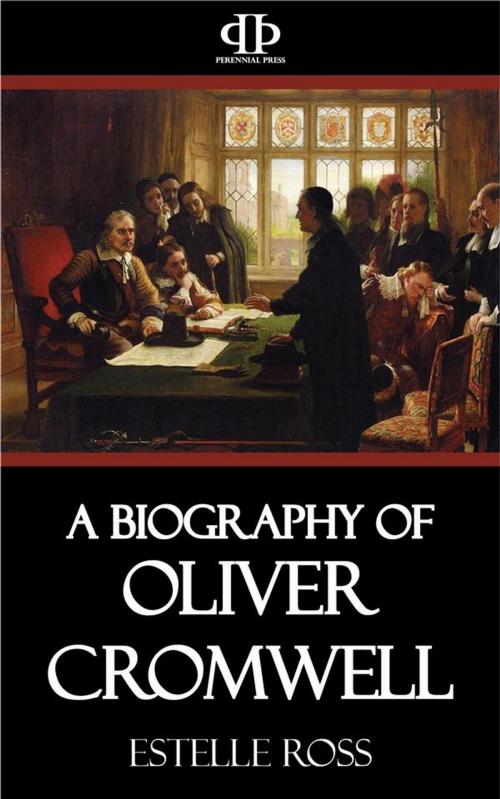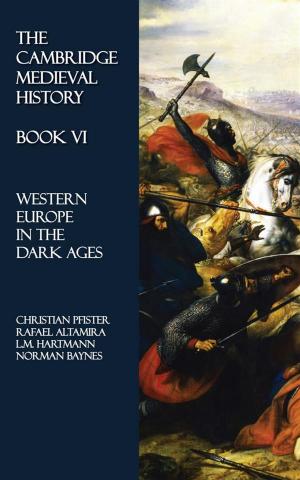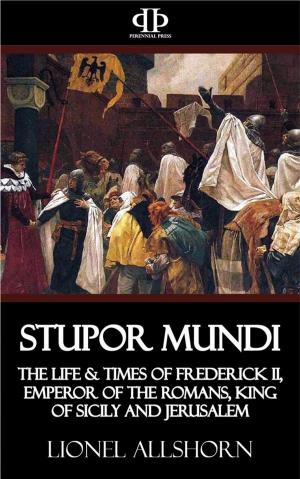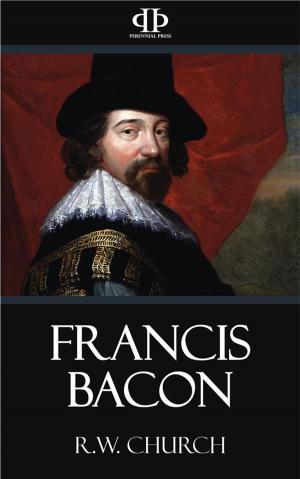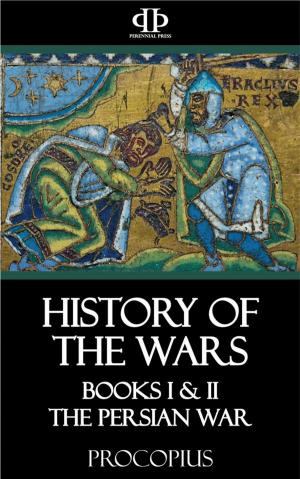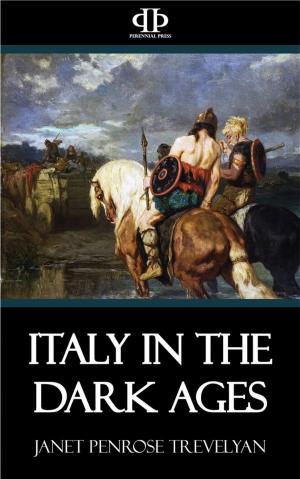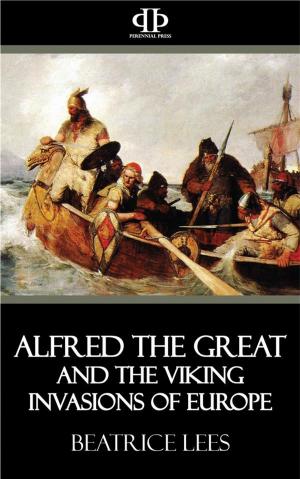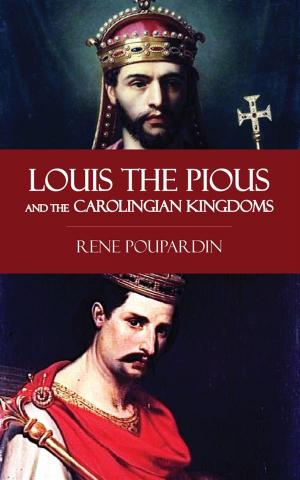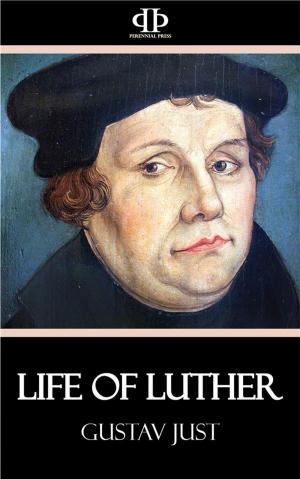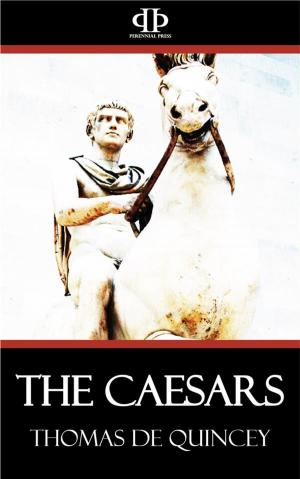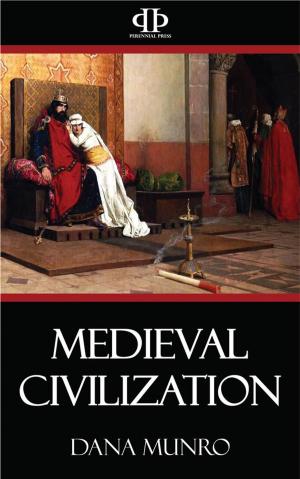A Biography of Oliver Cromwell
Nonfiction, History, Modern, 17th Century, British, Biography & Memoir, Historical| Author: | Estelle Ross | ISBN: | 9781518373848 |
| Publisher: | Perennial Press | Publication: | January 16, 2016 |
| Imprint: | Language: | English |
| Author: | Estelle Ross |
| ISBN: | 9781518373848 |
| Publisher: | Perennial Press |
| Publication: | January 16, 2016 |
| Imprint: | |
| Language: | English |
FOR NEARLY TWO CENTURIES CROMWELL’S name and fame were to suffer detraction, then Carlyle was to come forward and proclaim him with trumpet-blast a man of truth, the hero as King. “A brave bad man,” a hypocrite and fanatic—so he was judged by those whose vision was clouded by the passions of the time. The verdict of posterity has been otherwise. The courage and character which he demanded of his fighting men were in him. His inalienable belief in God’s direct intervention in human affairs was as rooted as Joan of Arc’s.
As a soldier Cromwell ranks with the greatest; he was a general of genius, and he never suffered defeat. As a statesman he does not hold so high a place. He was without political foresight, an opportunist who solved the difficult problems of the age as they arose, and hence laid himself open to a charge of inconsistency. The work he aspired to do, and in some measure accomplished, was largely undone by the Restoration. Yet he had shaped the destinies of a people.
His private life was without reproach. His tender love for wife and children is evident at every turn.
Would he, if the shadows of death had not been gathering round him, have named Richard as his successor? What hope could there have been that such a weakling could uphold the Commonwealth?
FOR NEARLY TWO CENTURIES CROMWELL’S name and fame were to suffer detraction, then Carlyle was to come forward and proclaim him with trumpet-blast a man of truth, the hero as King. “A brave bad man,” a hypocrite and fanatic—so he was judged by those whose vision was clouded by the passions of the time. The verdict of posterity has been otherwise. The courage and character which he demanded of his fighting men were in him. His inalienable belief in God’s direct intervention in human affairs was as rooted as Joan of Arc’s.
As a soldier Cromwell ranks with the greatest; he was a general of genius, and he never suffered defeat. As a statesman he does not hold so high a place. He was without political foresight, an opportunist who solved the difficult problems of the age as they arose, and hence laid himself open to a charge of inconsistency. The work he aspired to do, and in some measure accomplished, was largely undone by the Restoration. Yet he had shaped the destinies of a people.
His private life was without reproach. His tender love for wife and children is evident at every turn.
Would he, if the shadows of death had not been gathering round him, have named Richard as his successor? What hope could there have been that such a weakling could uphold the Commonwealth?
